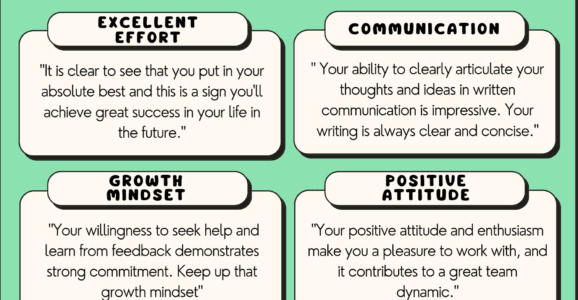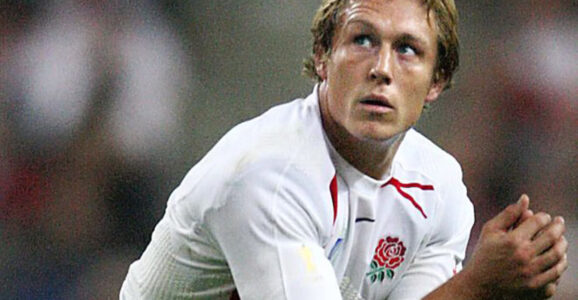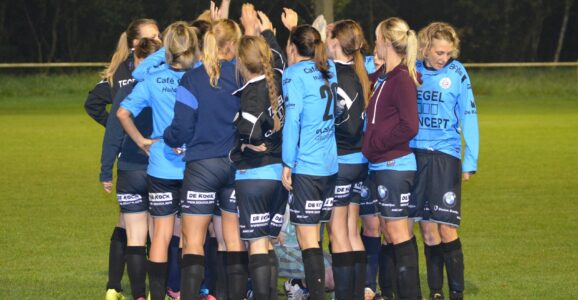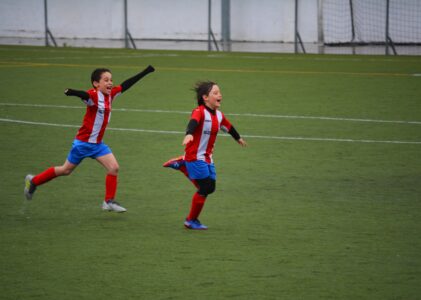Understanding Cognitive-Experiential Self-Theory and Its Impact on Teenage Athletes
Cognitive-Experiential Self-Theory (CEST) highlights the interplay between rational and experiential systems in teenage athletes. Coaches can enhance performance by fostering self-awareness, emotional regulation, decision-making skills, and positive self-perception. Practical strategies include mindfulness, scenario-based training, positive reinforcement, and creating a supportive team environment.
Coping Mechanisms for Teenage Athletes: A Comprehensive Guide for Coaches
Effective coping mechanisms are crucial for teenage athletes to handle stress and perform at their best. Coaches can support their athletes by fostering a supportive environment, teaching stress management techniques, promoting positive self-talk, and encouraging resilience. These strategies enhance performance and contribute to overall well-being and personal growth.
Empowering Young Athletes: A Coach’s Guide to Fostering Self-Determination
Coaching teenage athletes requires nurturing their intrinsic motivation through self-determination. By fostering autonomy, competence, and relatedness, coaches can enhance athletes’ performance and well-being. Implementing strategies like providing choice, offering constructive feedback, and creating a supportive environment empowers young athletes to thrive both in sports and life.
Unlocking Potential: Guidelines for Improving Motivation in Teenage Athletes
Motivating teenage athletes requires a balanced approach, focusing on setting clear goals, fostering intrinsic motivation, and offering positive reinforcement. By creating an environment of encouragement and growth, coaches and parents can help young athletes unlock their potential, build confidence, and achieve both personal and athletic success.
Understanding Mental Imagery: A Key to Unlocking Motivation and Performance
Unlock your full potential with mental imagery! Visualize success, boost motivation, and enhance performance in sports. Coaches, learn how to harness the power of mental rehearsal to empower your athletes. #SportsPsychology #MentalImagery #PerformanceEnhancement
Understanding Attribution Theory: Exploring Motivation’s Cognitive Cornerstone
Coaches, empower young athletes by emphasizing effort and improvement over outcomes. Foster a mastery-oriented approach, provide constructive feedback, and encourage personal responsibility. Cultivate resilience, teamwork, and a supportive environment. Together, let’s inspire growth and motivation on and off the field.
Unraveling the Influence of the Five Factor Model on Sports Performance: 5 Key Insights
The Five Factor Model (FFM) illuminates how personality traits influence sports performance. Openness fosters adaptability, Conscientiousness drives discipline, Extraversion enhances leadership, Agreeableness promotes teamwork, and Neuroticism requires stress management. Understanding these dynamics empowers athletes and coaches to optimize training and teamwork for peak performance on the field.
The Dynamics of Team Characteristics in Sports: Unveiling the Essence of Cohesion
Unveil the essence of team dynamics in sports! Explore the crucial elements of communication, leadership, trust, roles, and group cohesion that shape success on the field. #SportsPsychology #TeamDynamics #Cohesion
Why Winning Matters: The Thrill of Victory for Young Athletes
Have you ever wondered why winning is so exhilarating? Whether you’re …







